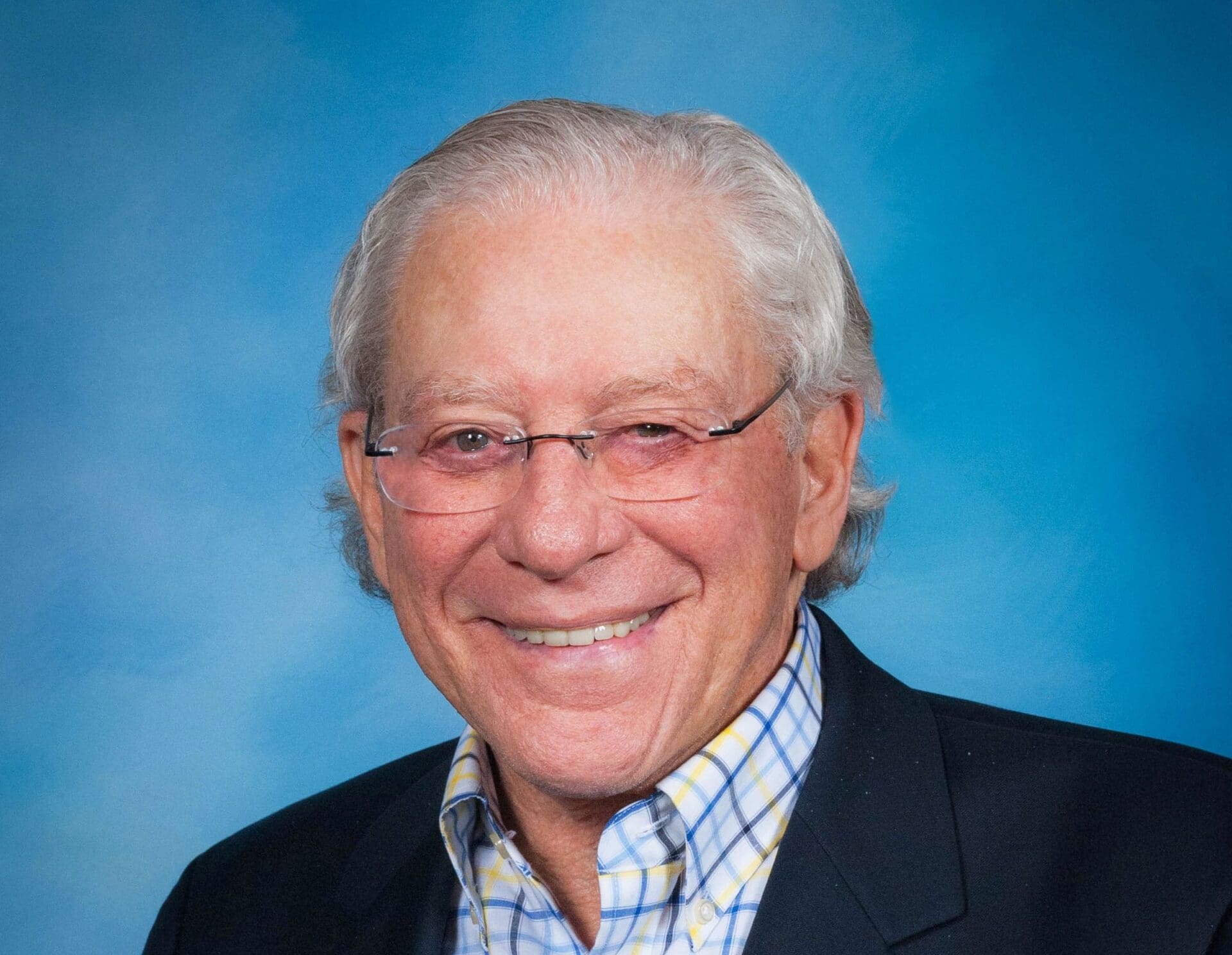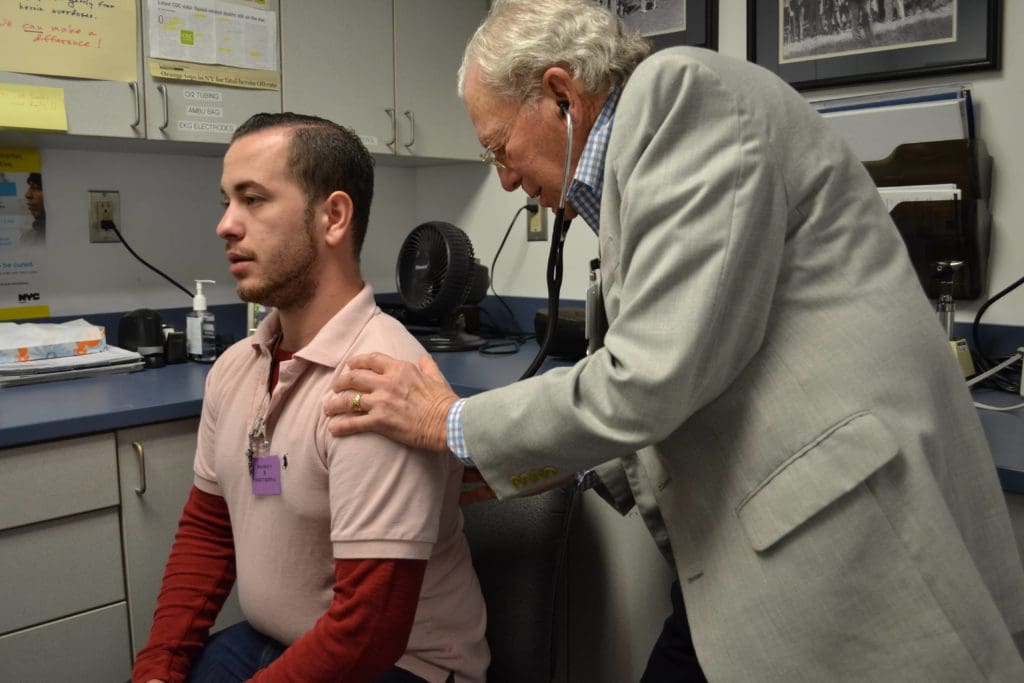Medication Assisted Treatment

Stephen Shapiro, MD
St. Christopher’s Inn Medical Director
The statistics of opiate deaths are overwhelming and relentless. We all know someone who has died from a drug overdose. These overdoses involve prescription opiate pills, heroin and more recently, fentanyl. More than 64,000 people died in 2016 from these drugs. The pleasurable effects and pain relief move subtly to respiratory depression and death. Drug overdose is the leading cause of accidental death in the U.S. Four out of five heroin users started out by misusing prescription pain killers. Then progress to heroine, which is cheaper and easier to obtain. No one knows why one person will fall in love with narcotics and become addicted, whereas another person will stop.
Young, athletic men were given a prescription for pain pills to treat injuries or dental problems. About 10% will become addicted, but only 10% of them will come into treatment. With good timing, many overdosed people can be rescued with the rapidly acting Narcan, which reverses the respiratory depression of opiates. However, no addict stops using out of fear. They wake up and almost always relapse. The drive to get high outweighs the desire to live.
So what can we at St. Christopher’s Inn do to offer help? A safe detoxification is the starting point, followed by rehab. There is no substitute for counseling, group therapy, didactic lectures and AA/NA. We offer medical and psychiatric care, psychosocial treatments, and work to instill a sense of self-worth and responsibility.
 Evidence based care stresses the importance of Medication Assisted Treatment. This has been shown to reduce the risk of relapse significantly to prevent infectious diseases such as HIV and Hepatitis C. MAT helps to prevent overdoses and deaths.
Evidence based care stresses the importance of Medication Assisted Treatment. This has been shown to reduce the risk of relapse significantly to prevent infectious diseases such as HIV and Hepatitis C. MAT helps to prevent overdoses and deaths.
Methadone is the prototype agonist medication for maintenance therapy. For over 50 years, methadone has been proven to block withdrawal symptoms and prevent psychological cravings. It is inexpensive and is give once a day to achieve a “blocking dose.” However, methadone is very addictive and the withdrawal is difficult. It can be sold for other drugs and it may cause respiratory depression and cardiac arrhythmias.
In 2000, the Drug Addiction Treatment Act was passed (DATH 2000). This allowed doctors to treat opiate addiction from their offices. Buprenorphine is a partial agonist and is commonly combined with naloxone, called suboxone. This also prolongs opioid dependence, but it is much safer. The “ceiling effect” prevents increased euphoria and blocks respiratory depression. We treat about 300 men per year with suboxone.
However, there are disadvantages to suboxone maintenance. It continues physical dependence and has a street value, often used to buy heroine. There is a bit of a “high” with daily suboxone dosing. Most of our patients feel better when off the suboxone – more alert, motivated and optimistic. Finally, if for whatever reason, when suboxone is not available, they have to revert to heroine.
Naltrexone is the newest of the MAT regimes. It is available in tablet form (Revia) taken once daily, and in a once- monthly intramuscular injection (Vivitrol). Naltrexone blocks the cravings to use, and it blocks the euphoric effects (“high”) due to its antagonist action. Naltrexone is not a narcotic, it is not addictive, and it does not produce any pleasurable effects. Therefore, there are no withdrawal symptoms when it is discontinued.
We administered 235 Vivitrol injections in the first half of this year. Vivitrol was approved for alcohol prophylaxis in 2006, and for opiate prevention in 2010. It has been proven to be as effective as suboxone maintenance, but the patients are no longer dependent.
Possible side effects of naltrexone include injection site problems, worsening of liver disease, and the need for supervised pain management in an emergency. Naltrexone is a safe and effective medicine.
Medicated Assisted Treatment is available for alcohol dependence. These meds include antibuse, campral and naltrexone. They are effective, and are the subject for another day.
Treating the “whole patient” is our goal at St. Christopher’s Inn. This includes behavioral counseling, 12 step programs and medication. There is no single medication that fits all – every treatment is individualized and monitored. Our men leave the Inn with a motivating sense of hope and pride. They know that we care!


